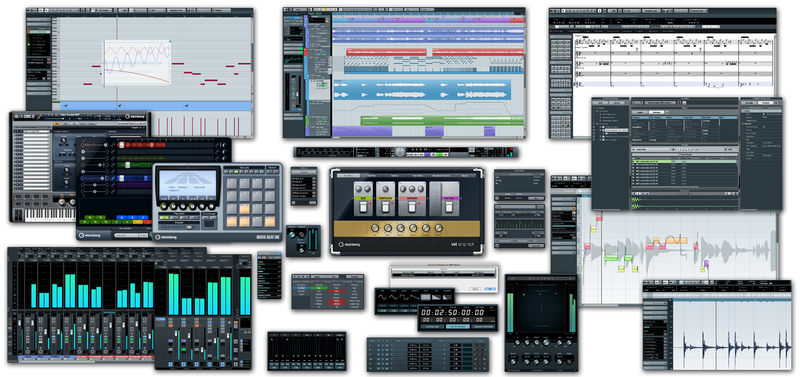Originally posted by ninez
View Post
If you know of any other resources that might be useful in this area I'd appreciate the links since the ones you gave contained some information I hadn't seen.
Best/Liam

 You'll just have to navigate through the psotings/threads but you should find some useful info there.
You'll just have to navigate through the psotings/threads but you should find some useful info there.











Comment